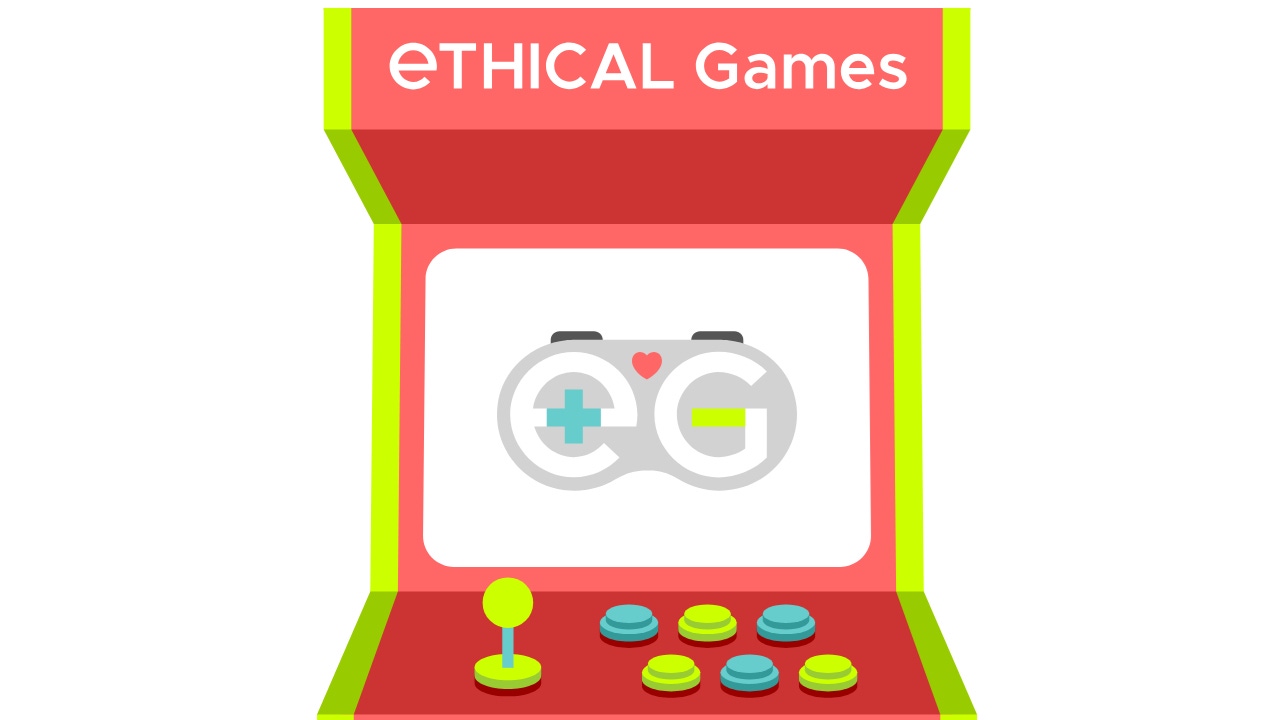Trending
Opinion: How will Project 2025 impact game developers?
The Heritage Foundation's manifesto for the possible next administration could do great harm to many, including large portions of the game development community.
The game industry lacks a solid code of ethics, and the organization hopes to create one with long-term benefits for developers and players alike.

"Monetization is difficult, because you need to sell the game, and you have pressure from executives and stakeholders, for good reason, because it's hard to sell a game. But sometimes there's some pressure to do these things without really taking into account: Could that be harmful?"- Ethical Games organizer Celia Hodent
The Ethical Games initiative will be pushing hard for the industry to create its first-ever code of ethics in the fall, and it's calling on developers to help with the endeavor.
Talking to GameFile, consultant Celia Hodent discussed the effort she's heading up with colleague Fran Blumberg. The plan is for the code to benefit studios and players, and tackle longstanding issues like loot boxes without being the "moral police."
Loot boxes and overall and child safety have been repeated concerns for the medium, and the hope is that an ethics code would address them. The ESRB and other regulators can only do so much, and Hodent wants the code to benefit studios and players in specific, everlasting ways.
"I want to be constructive," she explained. "We need to be evidence-based where we have data. And for where we don't, it'd be great if we could get the industry to partner with the researchers so we can have a more nuanced conversation."
Ethical Games' website features guidelines for five categories. For "community," it's suggested that staff interacting with players at remote or in-person events have a code of conduct that's clearly communicated and enforced.
Meanwhile, "game design" guidelines include inclusivity and accessibility on a player level, along with proper consultants on sensitive subjects. It's also suggested that games have business models which "respect players' well-being, time, and money, especially minors."
Those same directives also note "dark patterns," defined as "purposely deceptive" functions, like UI that gets players to unintentionally buy something. That and continued in-game rewards constitute "punishing engagement," in Hodent's eyes.
As far as she's concerned, the biggest obstacle for the aspiring ethics code is the game industry's larger turmoil. Even so, she argued that it's extremely needed now, even as it's been fairly overdue.
"We can always make the argument that if we do it now, it is going to build trust with players. And in the long term, it's probably going to mean more revenue."
More information on Ethical Games' mission and the first draft of its code can be found here. Different workshops featuring developers, educators, and policy makers will be held in the fall, and research papers from a January conference can be read here.
Read more about:
CultureYou May Also Like